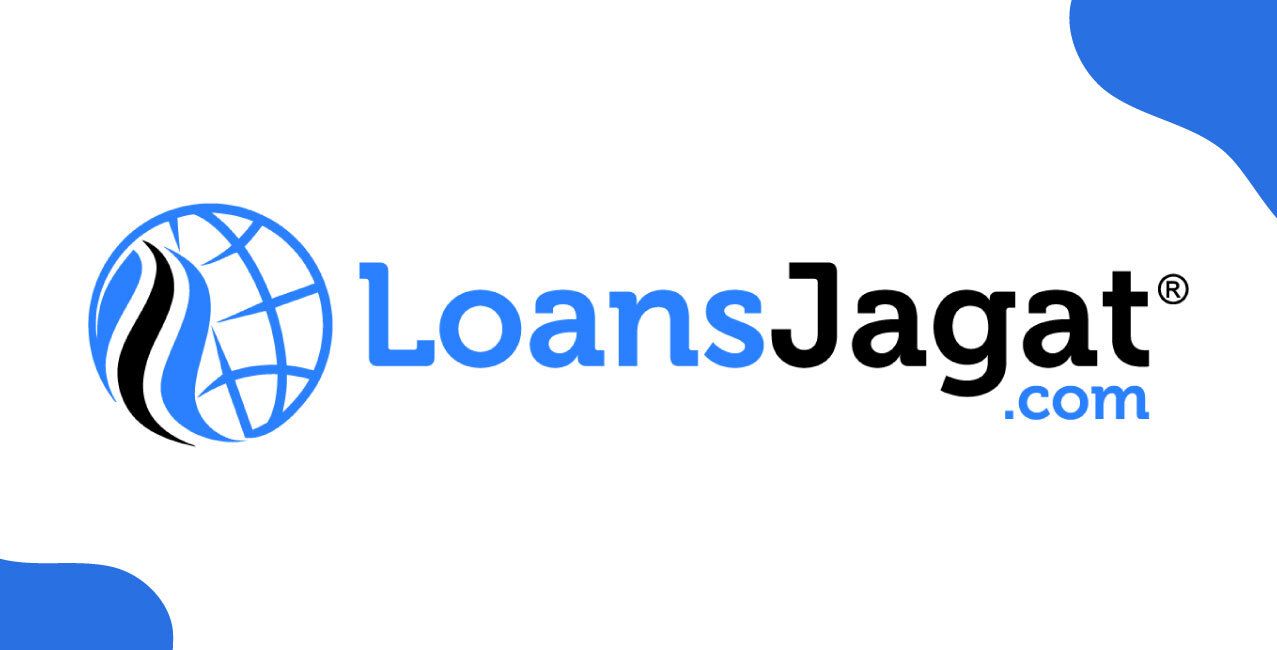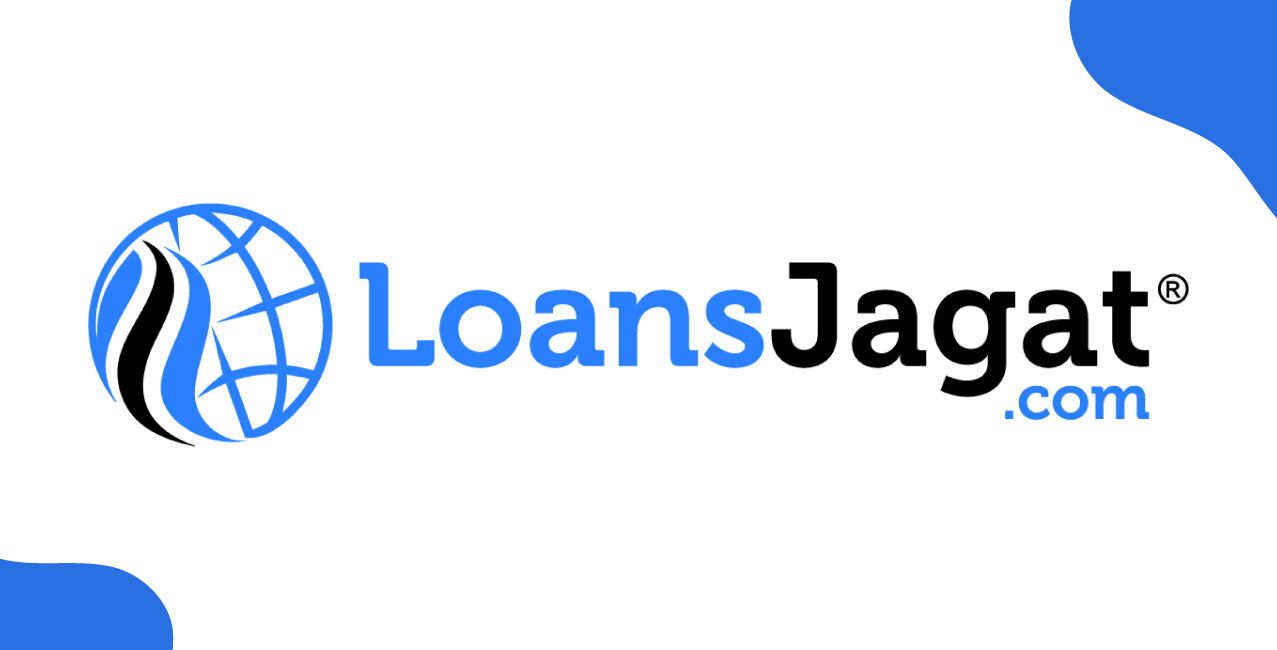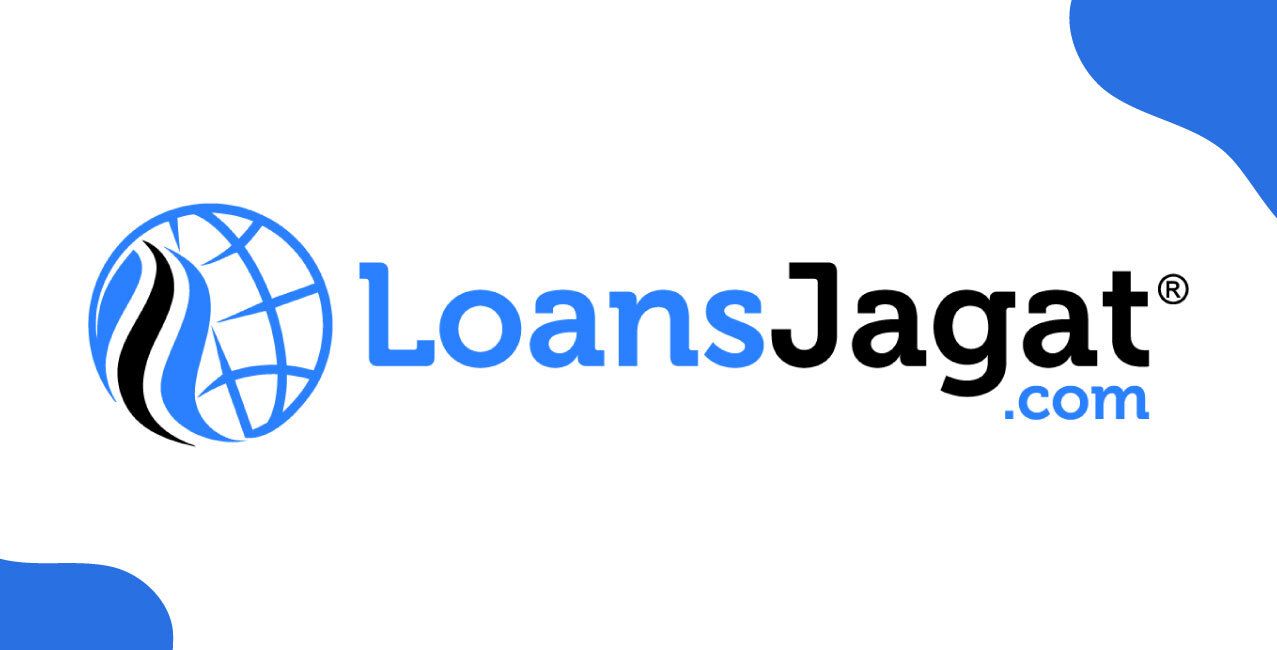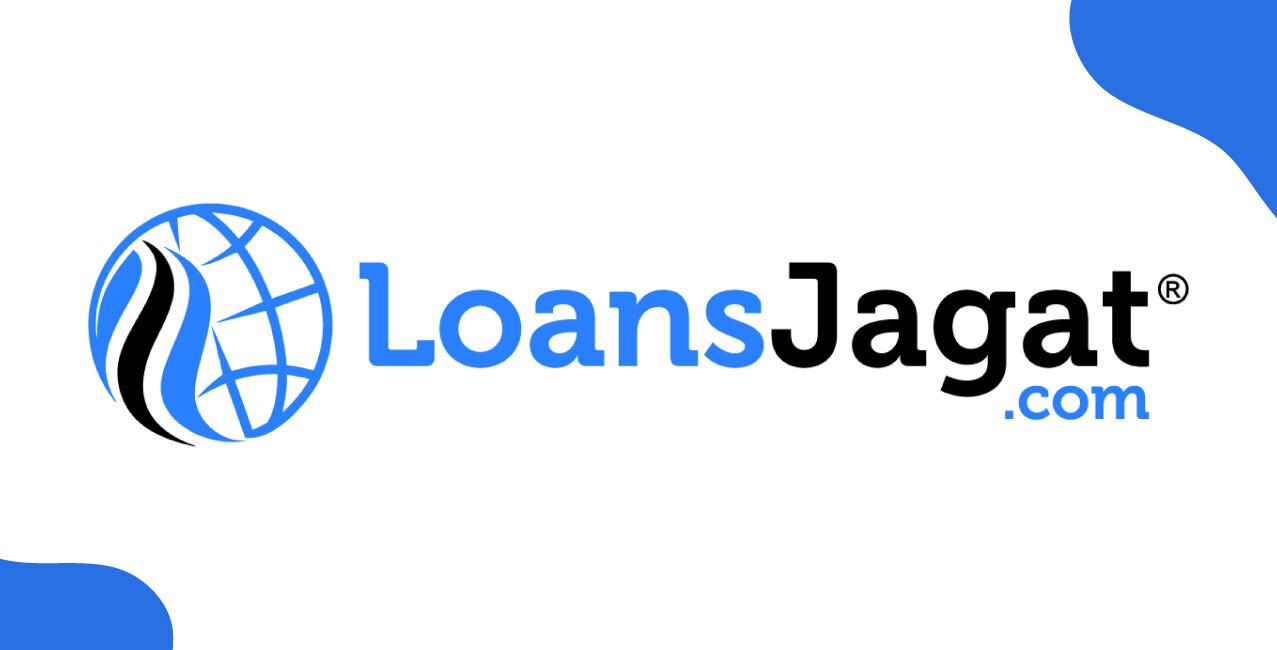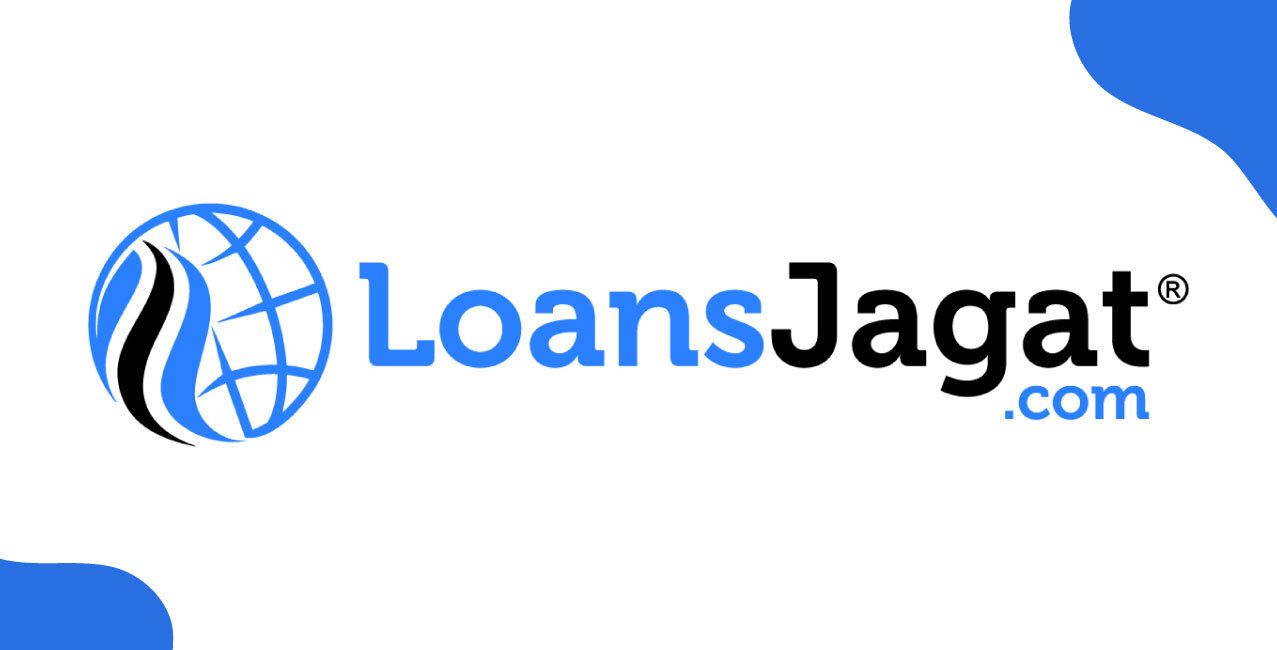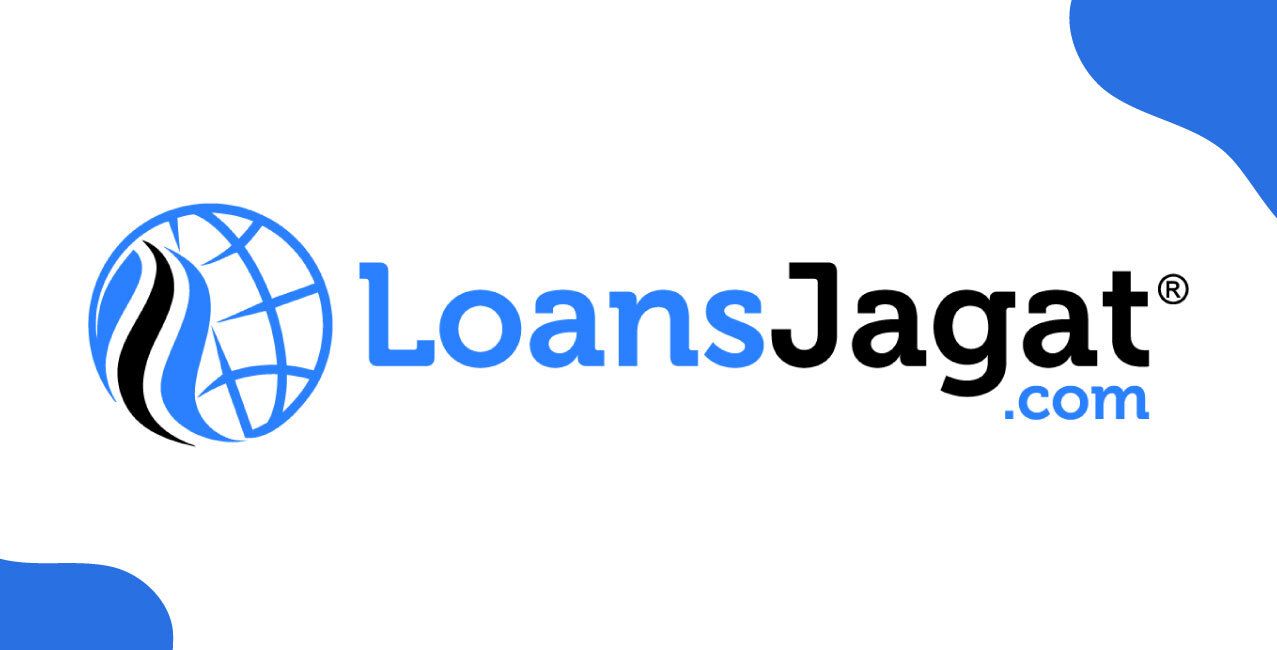Gold Loan NPAs Stand at 2.14% for NBFCs and 0.22% for Banks

Check Your Loan Eligibility Now
By continuing, you agree to LoansJagat's Credit Report Terms of Use, Terms and Conditions, Privacy Policy, and authorize contact via Call, SMS, Email, or WhatsApp
Parliamentary data reveals a clear divide between NBFCs and banks in managing gold loan defaults.
Can the same pledged gold tell two very different stories? For many households, gold ornaments are the quickest way to get a loan. Yet, according to a reply tabled in the Lok Sabha on 15 March 2025, defaults in non-banking finance companies (NBFCs) are far higher than in banks.
The Ministry of Finance confirmed that NBFC gold loan defaults reached 2.14 percent in March 2025, while banks reported just 0.22 percent.
What Are Gold Loan NPAs?
A gold loan is a short-term loan taken by pledging gold jewellery. Families often use it to meet sudden expenses such as hospital bills, school fees, or small business needs. The lender keeps the gold as security until the borrower repays the loan with interest.
When the borrower fails to pay the principal or interest for more than 90 days, the loan is treated as a non-performing asset (NPA). The NPA ratio measures the share of such overdue loans in the lender’s total portfolio. A higher NPA ratio means more borrowers are unable to repay.
Gold Loan NPAs Of NBFCs And Banks Comparison
The March 2025 parliamentary report presented a clear divide between NBFCs and scheduled commercial banks (SCBs). According to the Ministry of Finance, NBFCs reported 2.14 percent gold loan NPAs in March 2025, rising from 1.21 percent in March 2023.
Banks, on the other hand, kept defaults under tighter control. Their NPA ratio moved only slightly, from 0.20 percent in March 2023 to 0.22 percent in March 2025. This gap shows how stricter monitoring and lending rules have helped banks reduce risks, while NBFCs have been more exposed.
The table below captures the difference across two years.
This steady climb in NBFC defaults highlights pressure in their gold-backed lending business.
NBFC Gold Loan NPA Ratio Versus Banks
The parliamentary report also presented mid-year numbers that add another angle. By June 30, 2024, the gold loan GNPA ratio for banks was 0.22 %. During the same quarter, NBFCs in the upper and middle layers reported a GNPA ratio of 2.58 %.
This indicates that defaults in NBFCs had peaked above 2.5 % by mid-2024 before moderating slightly to 2.14 % by March 2025. Another point in the report was the growth pace between March 2024 and June 2024. In that short span, the bank's gold loan NPA ratio grew by 21.03 %. For NBFCs, the growth was 18.14 %.
Read More – Gold Loan Repayment Traps 2025: Don't Lose Your Gold
The following table explains the rise clearly.
Even though banks had a much lower base, the faster percentage growth showed that repayment stress was spreading across the system.
Rising Bank Gold Loan NPAs In Value Terms
Ratios do not always capture the size of the burden. A Moneylife report quoting the Ministry of Finance showed that between March 2024 and June 2024, bank gold loan NPAs rose by 62 %in absolute value.
Defaults increased from ₹1,513 crore in March 2024 to ₹2,445 crore in June 2024. This growth in just one quarter shows how small movements in percentage terms can mean thousands of crores in actual unpaid loans.
The following table shows how the NPA burden grew within a single quarter.
The weight of these numbers suggests that households and small borrowers were struggling to repay, even though gold was pledged as collateral.
Why Banks Keep Gold Loan NPAs Lower?
Banks have managed to maintain a much lower NPA ratio of 0.22 percent in March 2025. The reasons are linked to tighter rules.
- Loan-to-Value (LTV) Cap: Banks cannot lend more than 75 percent of the gold value as per RBI rules.
- Loan Tenure Limit: Bullet repayment loans are capped at 12 months.
- Stricter Appraisal: Banks use methods like acid testing and XRF scanning to check gold purity, with appraisals recorded under CCTV.
- Portfolio Reviews: Regular audits ensure risks are spotted early.
NBFCs follow some of these practices but often target smaller borrowers with limited paperwork. While this expands access, it increases the risk of default when incomes fall or gold prices fluctuate.
Also Read - Why Most Borrowers Are Choosing NBFCs Over Banks in 2025
Complaints And Regulatory Oversight
The Finance Ministry also reported that the RBI Ombudsman received 188 complaints linked to gold loans in FY 2024–25. These included issues related to repayment, auction of pledged gold, and loan recovery methods.
To tighten oversight, the RBI released draft guidelines in April 2025. These guidelines aimed to harmonise norms across banks and NBFCs by standardising LTV ratios, loan duration, and repossession practices. If fully implemented, NBFC growth could slow, but stability in the gold loan market may improve.
Conclusion
The organised gold loan market is projected to cross ₹10 lakh crore in FY 2025, showing strong demand. Yet this growth comes with risk. For now, banks have managed to keep their gold loan portfolios stable, while NBFCs are carrying heavier stress.
The divide between banks and NBFCs is not just about numbers. It reflects the difference in rules, monitoring, and borrower profiles. Going forward, how lenders adapt to tighter regulation will decide whether gold-backed loans remain a safe bet or turn into a bigger problem for India’s credit system.
About the author

LoansJagat Team
Contributor‘Simplify Finance for Everyone.’ This is the common goal of our team, as we try to explain any topic with relatable examples. From personal to business finance, managing EMIs to becoming debt-free, we do extensive research on each and every parameter, so you don’t have to. Scroll up and have a look at what 15+ years of experience in the BFSI sector looks like.
Subscribe Now
Related Blog Post

Home Loan Interest Rates 2025 Deliver Major EMI Relief, Will Borrowers See More Gains In 2026?

Will the Indian Rupee Stabilise in 2026 After a Volatile 2025?
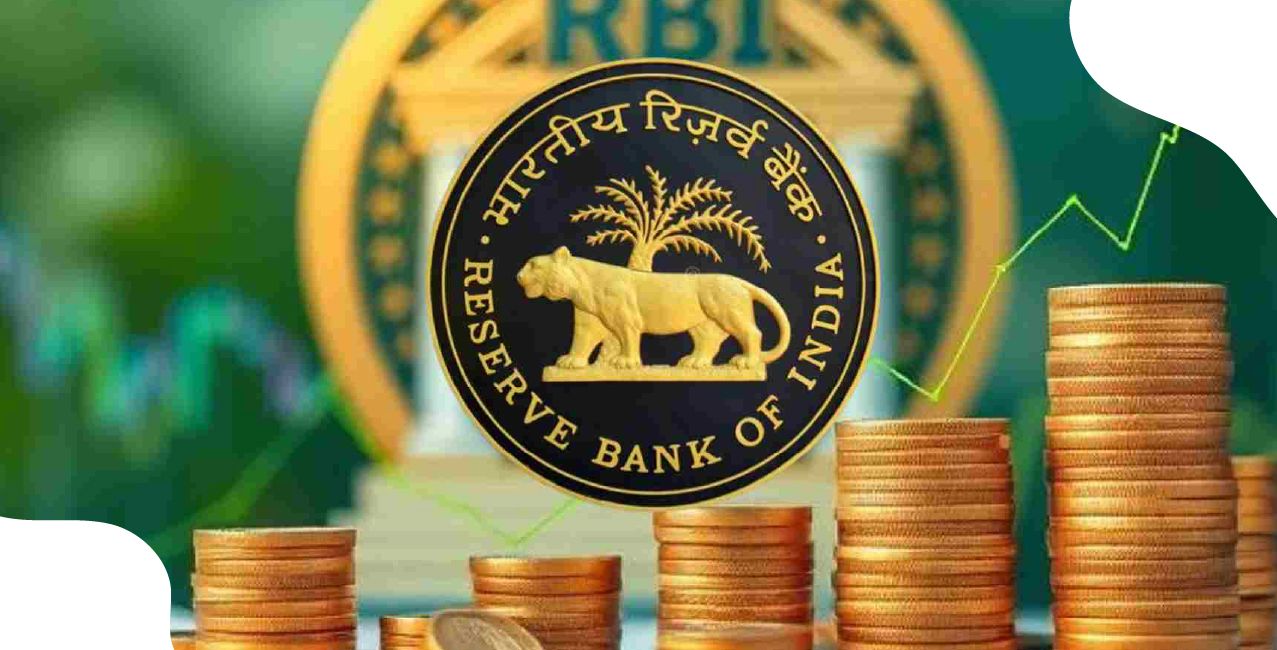
RBI Draft Rules Target Surprise Costs in Overseas Payments
Recent Blogs
All Topics
Contents
Quick Apply Loan
Consolidate your debts into one easy EMI.
Takes less than 2 minutes. No paperwork.
10 Lakhs+
Trusted Customers
2000 Cr+
Loans Disbursed
4.7/5
Google Reviews
20+
Banks & NBFCs Offers
Other services mentioned in this article
